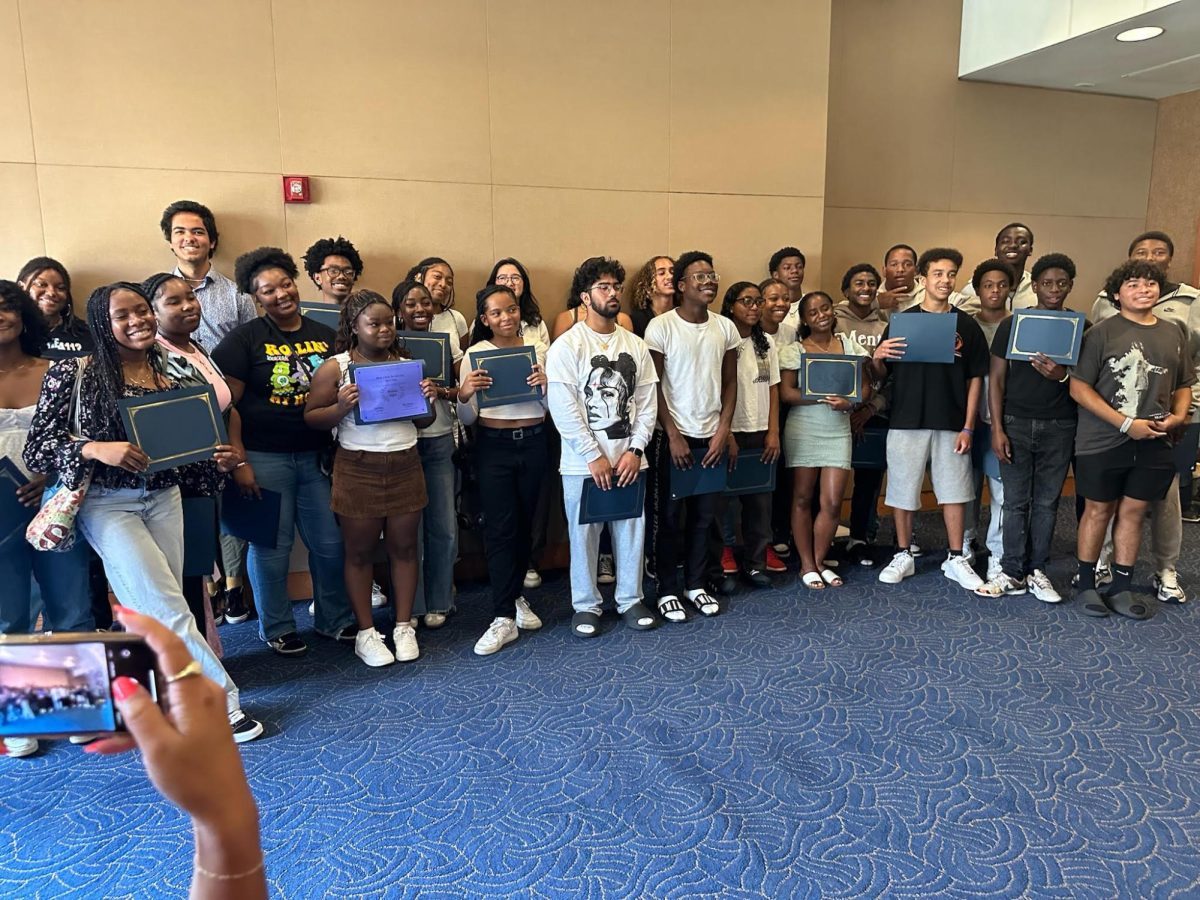Filipino American History Month is dedicated to the celebration of the presence, accomplishments, and legacy of Filipinos in the United States.
The monthlong commemoration honors the first recorded presence of Filipinos to arrive in what is now Morro Bay, California, on October 18, 1587. In 1992, the Filipino American National Historical Society (FANHS) first established October as the dedicated month for Filipino Americans. It wasn’t until 2009 that the U.S. Congress formally recognized the month being associated with the national celebration.
There are over 4 million Filipinos residing in the country, making them the second-largest Asian American ethnic group in the United States. They also make up the third-largest racial group in California.
Filipino culture is deeply integrated in centuries of history from when they first settled on this continent. For years, Filipinos have been beneficial to America from an economic standpoint, improving healthcare, technology, education, civil rights, entertainment, and much more. They first came ashore centuries before the pilgrims, and were called “Luzones Indios.”
In more modern times, over a quarter-million Filipinos made strong contributions during World War II fighting alongside U.S. forces. In 1965, Larry Itliong led the Delano Grape Strike, a labor movement that protested for better wages and working conditions for farmers. Itliong, in collaboration with Ceaser Chavez, formed the United Farm Workers of America. History was made by Lea Solonga as she became the first Filipina and Asian American to win a Tony Award for Best Performance by a Leading Actress in a Musical. Tani Cantil-Sakauye is recognized as both the first Filipino American and second woman to serve as California’s Chief Justice.
Filipino American History Month is celebrated annually. Organizations and groups such as FANHS, SoCal Filipinos, Southern California Pilipinx-American Student Alliance (SCPASA), and others exist to honor, unite, and inform people on Pinoy culture. Immersing yourself through stories, music, media, and even food is another way one can learn more about the history and heritage of the Philippines.
Whether you’re of Filipino descent or not, its culture, art, and history is something that can be honored by everyone. Happy Filipino American History Month!



